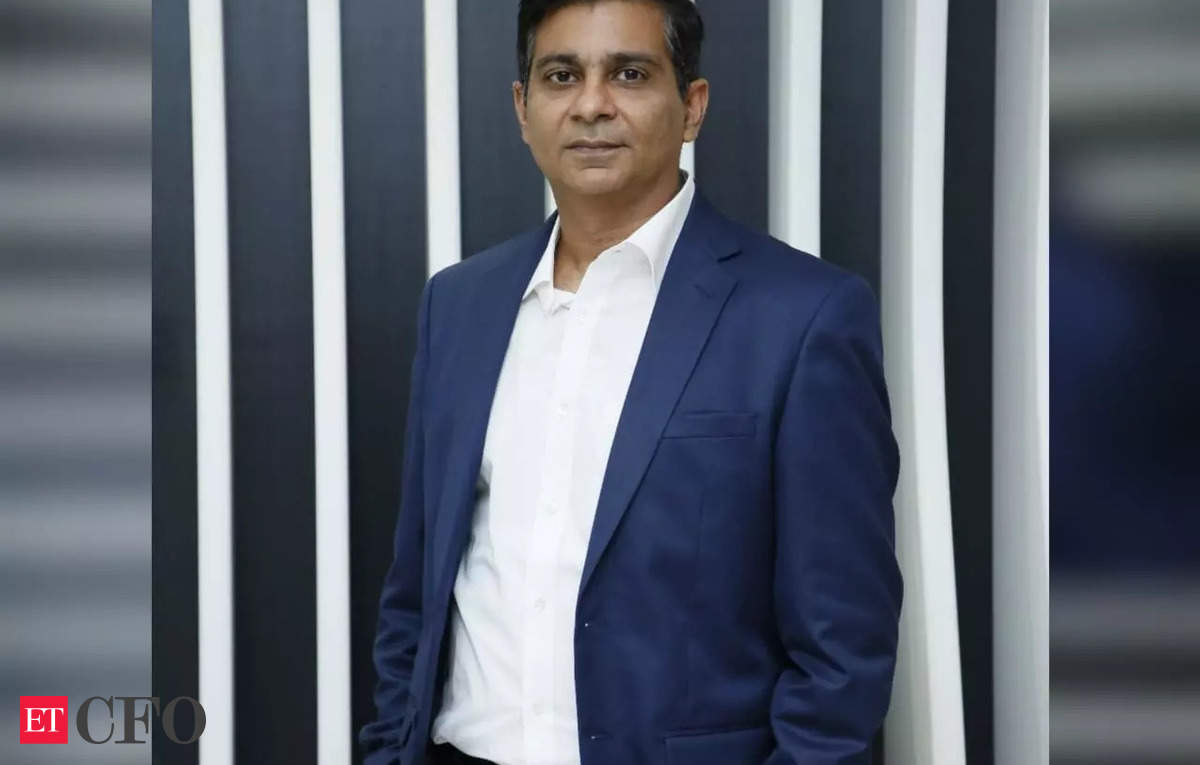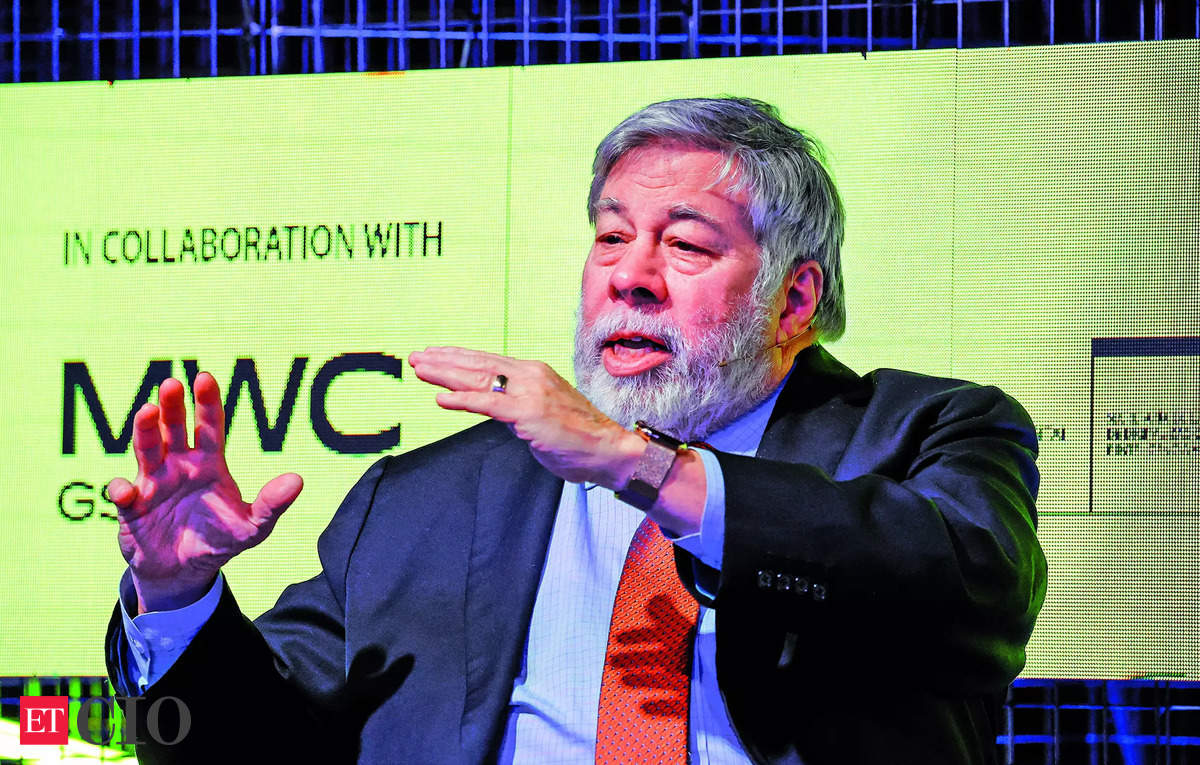Digital but still human: How these HR leaders are balancing tech and human-centricity

Imagine a new employee starting on Monday, only to find no warm welcome, just a software system guiding them through introductions and meetings. Doesn't it look like a cold and impersonal way to begin a new journey?
Now, envision another scenario: a female employee facing an issue with a male colleague and seeking support from a chatbot, ironically with a male name. It responds with scripted sympathy, but does that truly make her feel heard?
It’s where the need to balance tech and human-centricity enters the conversation. To get deeper insights into how HR leaders from the top organisations across the Middle East region are navigating this balance, ETHRWorld EMEA organised a session titled “The Great Debate: Tech vs. touch: Finding harmony in workforce transformation” at the third edition of its flagship event, The Future Forward Middle East 2025.
During the session, Manoj Parmesh, Chief People Officer, ADES Holding; Dr Ebrahim Hasan Al Khajeh, Director - HR, Abu Dhabi Customs; Roshan Menezes, Senior Director - People & Performance, DAMAC Properties; Khalid Altowaijri, Head of Human Resource and Administration, SAMI Airbus; and Manish Mohan Misra, Group Head - HR Transformation Digital & Analytics, ENOC (Chair), shared their perspectives on how organisations can integrate AI and technology in HR while preserving its human essence.
Their perspectives were grounded in tangible examples, showing how AI and digital tools are being used to strengthen human connections, not weaken them. Let’s take a closer look at how they’re making it happen on the ground:
At DAMAC, Roshan has adopted a practical yet empathetic approach to AI. His team uses technology to streamline recruitment, learning, and recognition—automating the administrative layers so HR professionals can focus on deeper, human interactions. Resume screening and interview scheduling? AI handles it. But the actual conversation? That’s where the recruiter comes in.
Even learning journeys are curated with AI, enabling tailored paths for employees, while recognition programmes use data to celebrate people in ways that feel personal. Roshan’s belief is clear: “AI should help employees create value and build meaningful relationships, it’s not just about efficiency.”
At Abu Dhabi Customs, Dr Ebrahim is shifting the narrative altogether. For him, it’s not enough to be human-centric; the future is person-centric, where every individual’s journey is unique. For instance, his organisation has implemented an autonomous Training Needs Analysis system that maps skills and recommends learning independently, without a manager’s nudge.
Even promotions are managed through a fair, AI-driven points system, removing subjectivity and putting career ownership back in the hands of employees. As Dr Ebrahim puts it, “AI enables the level of personalisation we always wanted, but could never scale manually.”
At ADES Holding, Manoj’s strategy focuses on purposeful, safety-first innovation. His standout initiative? “Rig Guy,” an AI-enabled helmet assistant that identifies real-time safety risks on-site. But for Manoj, the tech is only part of the story. What matters more is how those alerts fuel conversations, coaching, and a culture of care.
His guiding principle: “People, not platforms, drive change.” AI, in his world, supports payroll, shared services, and engagement, but always with strategic intent and a human lens. Adoption isn’t trend-driven, it’s outcome-driven.
From SAMI Airbus, Khalid brings a grounded and ethical approach to tech adoption. He embraces AI for its analytical strength, especially in workforce planning and insights, but draws a firm line when it comes to sensitive data and decision-making.
For him, “AI should guide us, not override us.” Confidentiality, fairness, and trust remain at the heart of HR, and any AI application must uphold these values. Khalid believes the real power of AI lies in making HR more responsive and human, not robotic.
As the session wrapped up, Manish Mohan Misra, shared a fitting reflection: “Technology is not a replacement for empathy. It’s a tool that, when used right, can deepen understanding, personalise experiences, and help HR deliver on its most important mission, taking care of people.”
From using AI to personalise growth journeys to enabling safety on the ground or making promotions more equitable, the common thread is clear: technology should be in service of people, not the other way around.
But this is just the beginning of the conversation. So, HR leaders, how are you striking this balance in your organisations? What are your strategies for building tech-enabled, yet human-first HR strategies? Let’s keep the dialogue going.
Share your thoughts with us, because the future of work is being shaped by leaders like you.













